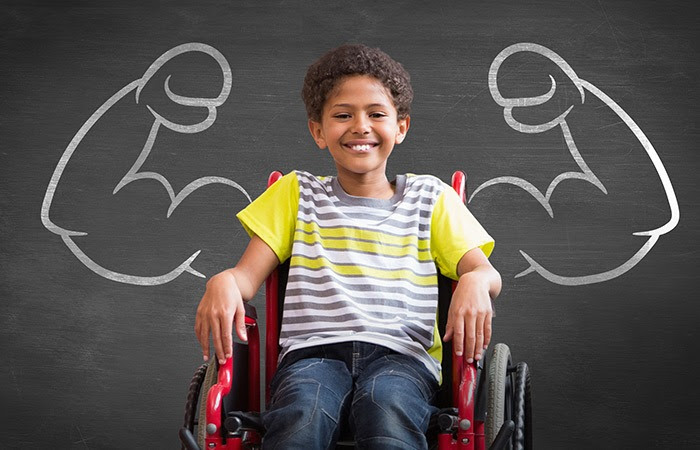
Trends in Supplemental Security Income and State Supplementary Payments for Children with Disabilities |
|---|

Supplemental Security Income (SSI) related policies can reduce childhood poverty and improve population-level child health. CDC researchers recently explored trends in the number of states that have State Supplementary Payment (SSP) Programs. The published findings suggest that SSP program availability has not increased markedly over the last 20 years, with 45 states offering benefits to eligible individuals in 2018. However, fewer than half of states reported SSP availability to children with disabilities and their families.
To learn more about the new study, “Trends over time and jurisdiction variability in supplemental security income and state supplementary payment programs for children with disabilities” read the summary here.
CDC’s National Center on Birth Defects and Developmental Disabilities (NCBDDD) is committed to helping children with mental, behavioral, and developmental disorders and their families get the support they need. For more information or resources related to birth defects and developmental disabilities, visit NCBDDD’s homepage.





















.png)












No hay comentarios:
Publicar un comentario